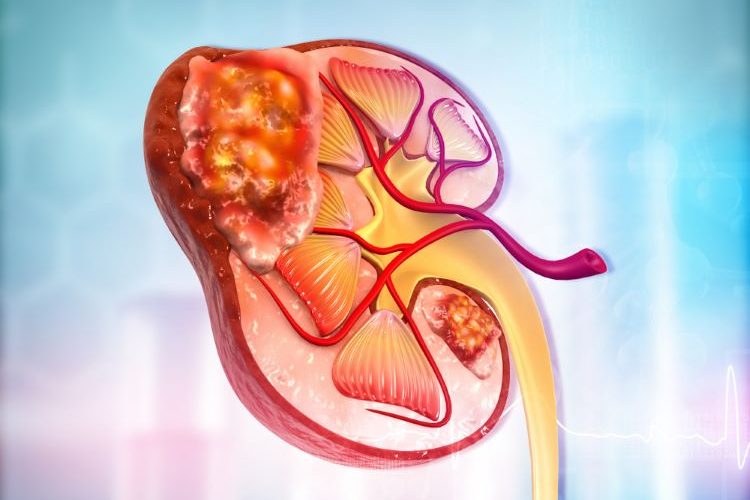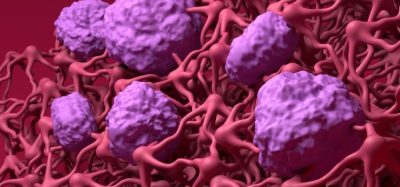£2.5b acquisition to boost Novartis’ renal portfolio
Posted: 13 June 2023 | Catherine Eckford (European Pharmaceutical Review) | No comments yet
As part of its planned £2.5 billion acquisition of Chinook Therapeutics, Novartis will gain access to a targeted biologic for a rare kidney disease.


Novartis has entered into an acquisition agreement with biopharma Chinook Therapeutics for a value up to £2.5 billion.
The acquisition will significantly expand Novartis’ renal portfolio. According to the CEO of Novartis, Dr Vas Narasimhan, the company is excited by the potential for bringing “additional much-needed treatment options to patients”.
Chinook Therapeutics has two late-stage assets in development for IgA nephropathy (IgAN), a rare, progressive chronic kidney disease.
What therapies does Novartis gain access to within the agreement?
Two key therapies are included as part of the deal: atrasentan, an oral endothelin A receptor antagonist (ERA), in Phase III development for IgAN, and zigakibart, an anti-APRIL monoclonal antibody (mAb), which is entering Phase III.
Clinical data has shown atrasentan has demonstrated significant reductions in proteinuria. In addition, atrasentan revealed a significant reduction in proteinuria versus baseline in a Phase II study, with good tolerability, including liver safety profile.
For zigakibart (BION-1301), a Phase III trial in IgAN is expected to start in Q3 2023. The subcutaneously administered mAb has the potential to address the production of abnormal galactose-deficient IgA and preserve kidney function. Interim Phase I/II data showed significant reduction in proteinuria versus baseline. As a targeted biologic therapy, zigakibart is expected to have a better tolerability profile than broader-acting lymphocyte-depleting therapies.
The transaction to acquire Chinook is expected to close in the second half of 2023, subject to customary closing conditions.
IgA nephropathy
IgAN is a progressive, rare kidney disease. It is the most common cause of kidney failure in Caucasian young adults and targeted treatment options are lacking at present. In IgAN, autoimmune reaction to an abnormal form of IgA results in formation of immune complexes that deposit in the kidney. These immune complexes trigger inflammation and kidney damage. This then leads to progressive loss of renal function, according to a 2016 paper published in Nature Reviews Disease Primers.
Related topics
Big Pharma, Biologics, Biopharmaceuticals, business news, Clinical Development, Drug Development, Industry Insight, Mergers & Acquisitions, Research & Development (R&D), Therapeutics









